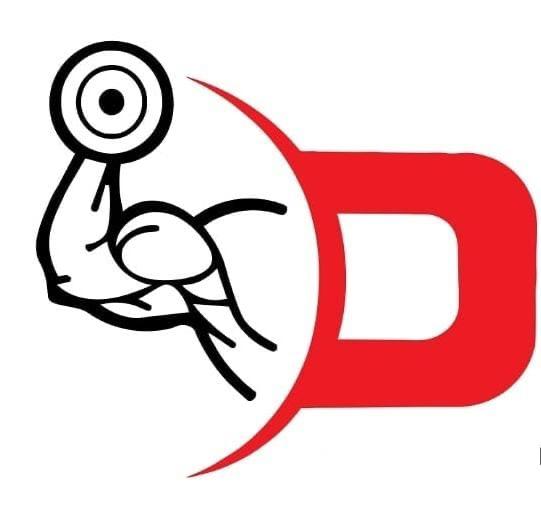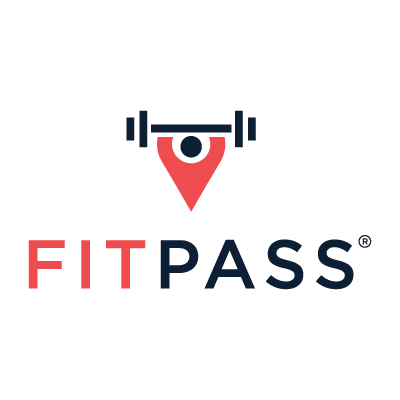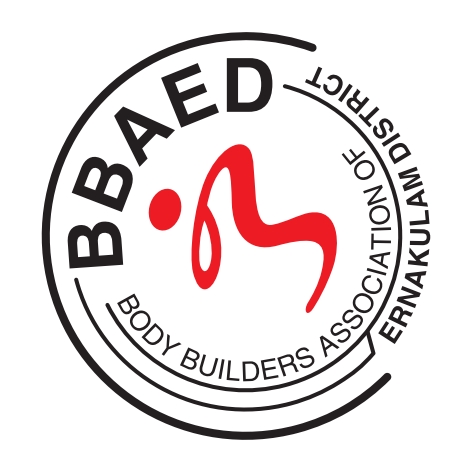Bigger.Faster.Stronger
DENVER Fitness Studio
Unlock Your Full Potential with EREPS-Certified Trainer
Denver Fitness Studio in Kochi
Featured Programs
Discover Denver Fitness Studio in Kochi, your ultimate destination for personalized fitness and wellness. Our state-of-the-art gym offers expert training, customized workout plans, and modern equipment to help you achieve your fitness goals. Join us for weight loss training, cardio workouts, and more. Transform your health and fitness journey today at Denver Fitness Studio in Kochi!
Personal Training
Personal training at Denver Fitness Gym in Kochi offers customized workout plans, expert guidance, and dedicated support to achieve your fitness goals. Our certified trainers ensure effective strength training, weight loss, and overall wellness. Join us for transformative results.
Dance Workouts
Experience vibrant Dance Workouts at Denver fitness gym in Kochi. Burn calories, improve cardiovascular health, and have fun. Our expert instructors blend energetic routines with popular music, making fitness enjoyable. Join us to dance your way to fitness!
Cardio Training
Cardio fitness at Denver Fitness Gym in Kochi boosts heart health, burns calories, and enhances endurance. Our state-of-the-art cardio equipment and expert trainers ensure an effective, enjoyable workout. Join us to experience the best cardio fitness in Kochi.
Cross Fit
CrossFit training at Denver fitness gym in Kochi combines high-intensity workouts with varied functional movements. Improve strength, endurance, and flexibility with expert coaches. Join us for the best CrossFit experience in Kochi and achieve your fitness goals today!
Competition prep
Prepare for competitions at Denver Fitness Gym in Kochi. Our expert trainers offer customized training and nutrition plans to help you excel. Achieve peak performance and stand out with our specialized competition prep programs. Join us today!
Dance Classes
Unleash your passion for dance with our dynamic classes in Bollywood, contemporary, hip hop, and freestyle. Experience the magic of movement with expert instructors, regardless of skill level. Join our vibrant community and dance your heart out today!
Diet Councelling
Diet counselling at Denver Fitness Gym in Kochi offers personalized nutrition plans tailored to your fitness goals. Our experts provide guidance on healthy eating habits, weight management, and lifestyle changes, ensuring optimal health and peak performance for all members.
Strength Training
Strength training at Denver Fitness Gym in Kochi enhances muscle mass, boosts metabolism, and improves overall health. Our expert trainers provide personalized workouts, utilizing the latest equipment. Join us to experience top-notch strength training in Kochi’s premier fitness center.
Weight Training
Discover the transformative power of weight training at Denver fitness gym in Kochi. Build strength, sculpt muscles, and achieve your fitness goals with personalized workouts led by certified trainers. Elevate your fitness journey today with our expert guidance and state-of-the-art facilities.
Our Partners



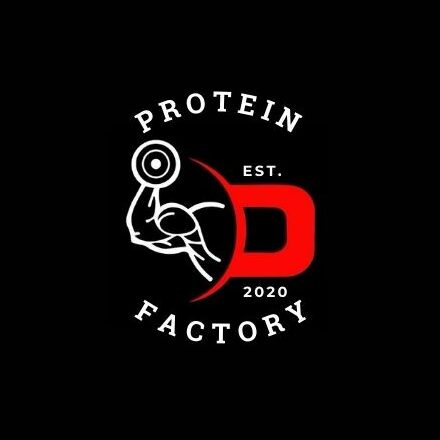


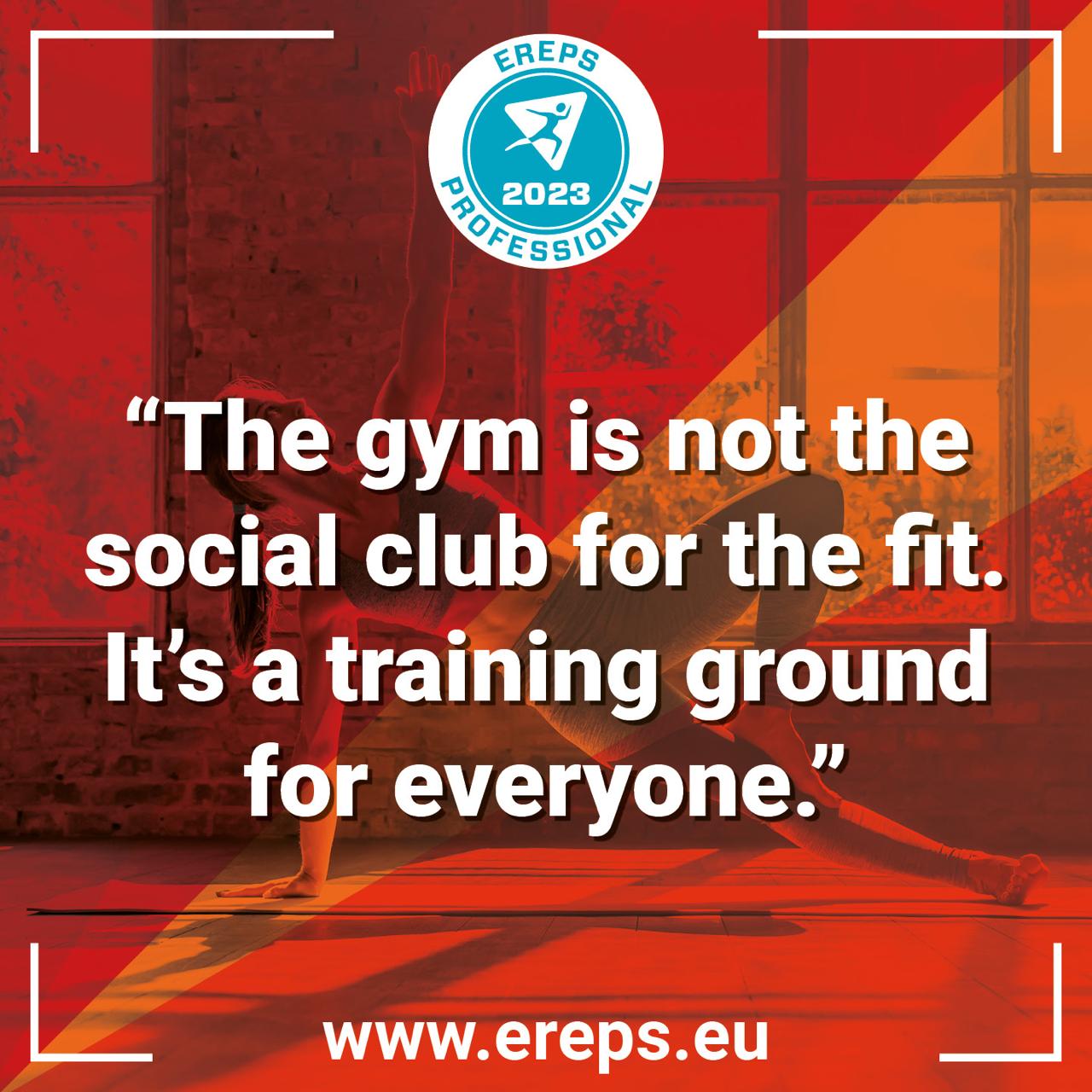
Testimonials
I am acquainted with Denver Fitness Studio in Kochi, for the past couple of years and it has been a game-changer for my fitness journey. The weight training and cardio workouts are incredibly effective, and the dance classes are both fun and energizing. The trainers are knowledgeable and provide personalized attention, which has helped me see real progress.
I’ve been a member of Denver Fitness Studio in Kochi from 2021, and it’s been an incredible experience! The facilities are state-of-the-art, and the trainers are exceptionally knowledgeable and supportive. They offer a wide range of classes and personalized training plans that have helped me achieve my fitness goals faster than I expected. The gym is always clean and well-maintained, creating a motivating environment for workouts. I highly recommend Denver Fitness Studio to anyone looking to improve their fitness and overall health. It’s the best gym in Kochi!
As a woman, finding a gym where I feel comfortable and supported is essential. Denver Fitness Studio in Kochi has exceeded my expectations! The trainers are incredibly knowledgeable and genuinely care about helping me reach my fitness goals. The facility is spotless, and the atmosphere is welcoming and inclusive. They offer a variety of classes tailored to different fitness levels, and the personalized training plans have been a game-changer for me. I feel stronger and more confident than ever.
Bigger.Faster.Stronger
Denver Fitness
Studio
Gym working H0urs
Monday-Saturday:
Morning: 5.30am – 9.30am
Evening: 5.30pm – 9.30pm

EREPS (European Register of Exercise Professionals) is a fully independent register that recognizes instructors, trainers, and teachers working in the European fitness and physical activity sector.
Their goal is to ensure that every fitness professional holds the appropriate qualifications to ensure safe and effective workouts for people.
